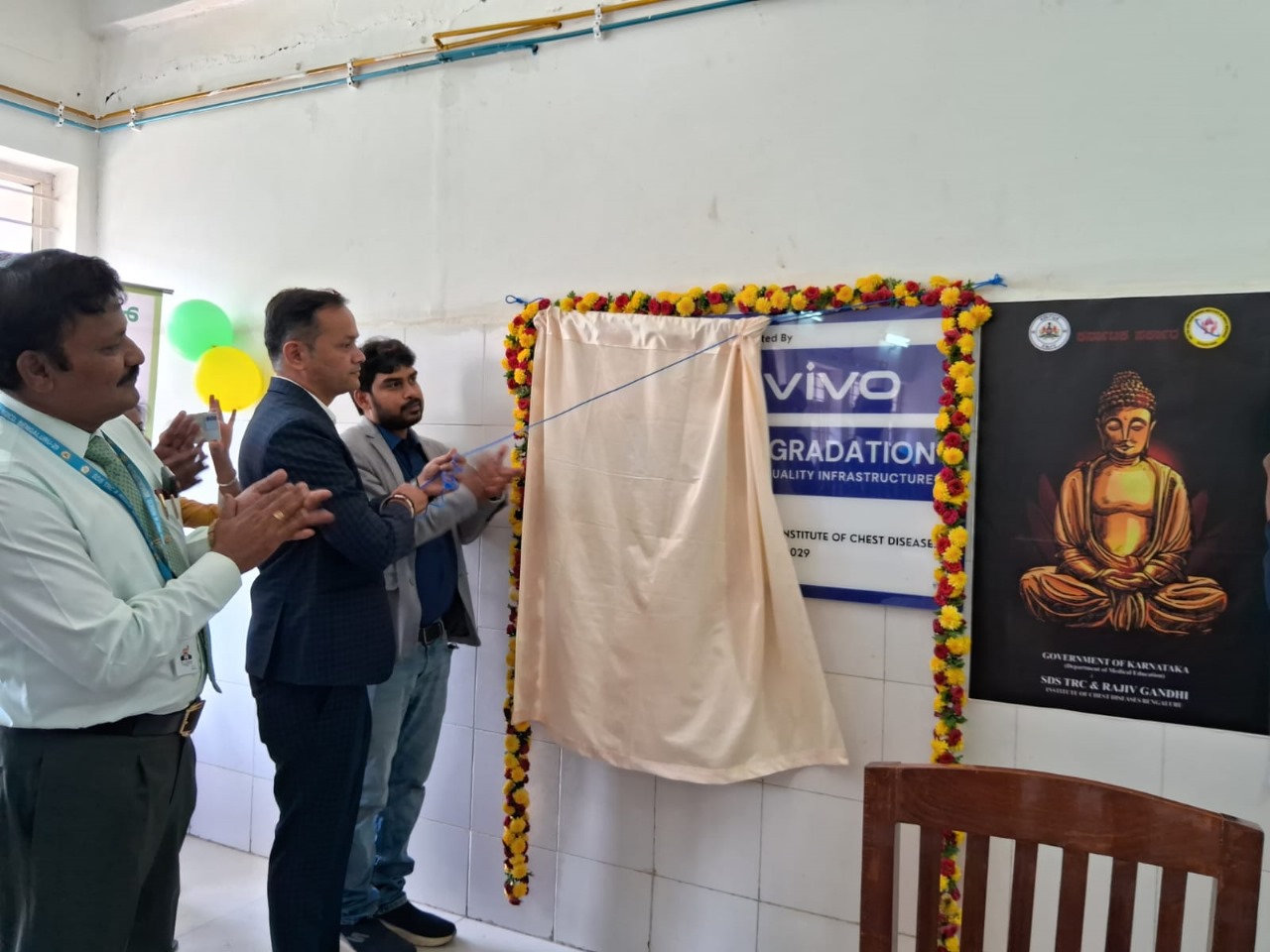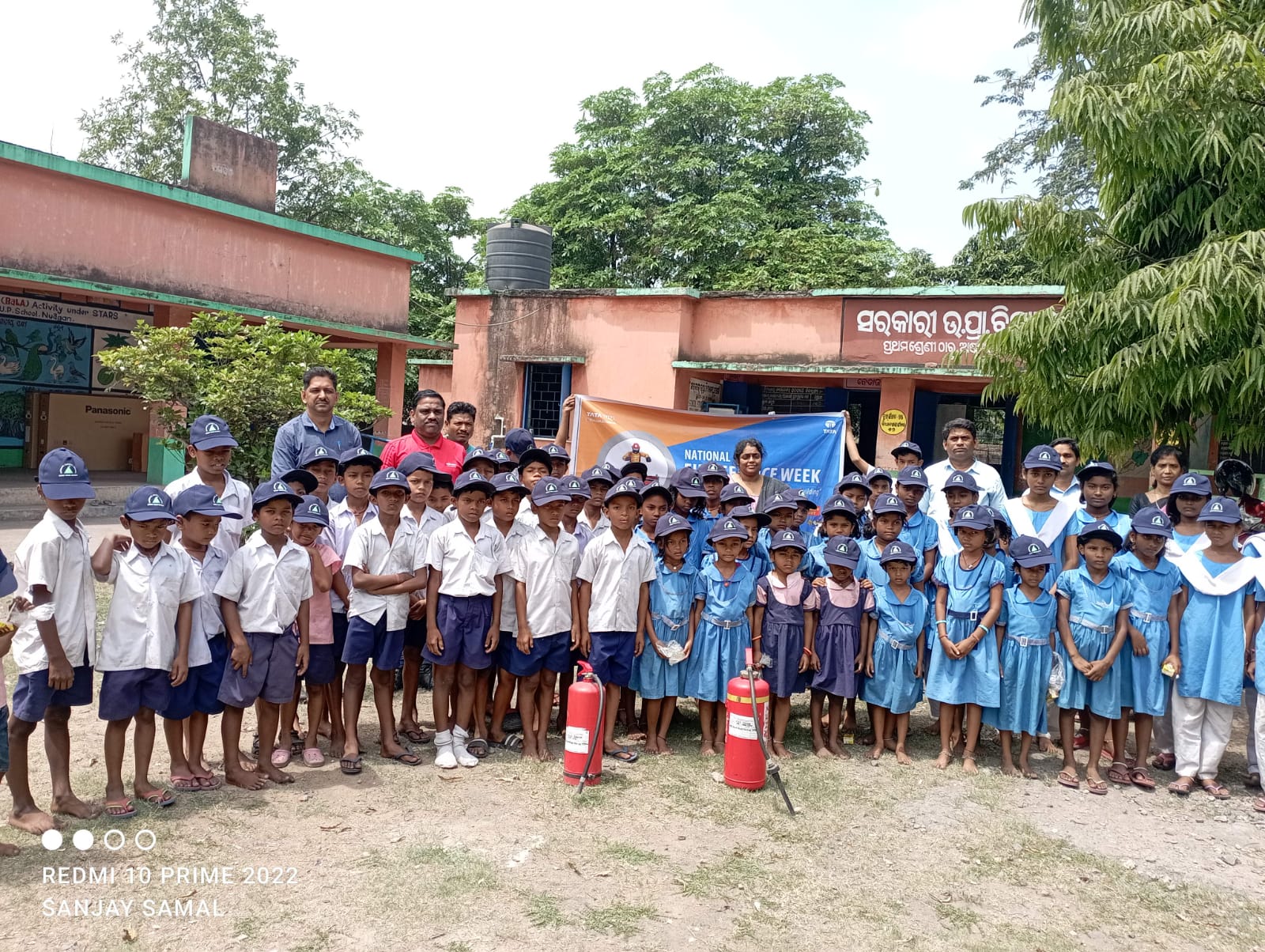Subscribe our Weekly Newsletter
RFP - Baseline Study of GIF-funded Women Participation Pilots

Organization: Better Cotton
Apply By: 06 May 2024
About the Organization
Better Cotton is the world’s largest cotton sustainability programme. Our mission: to help cotton communities survive and thrive, while protecting and restoring the environment. In difficult times, we are meeting the challenge head on. Through our network of field-level partners we have provided training on more sustainable farming practices to more than 2.9 million cotton farmers in 26 countries. More than a fifth of the world’s cotton is now grown under the Better Cotton Standard and our membership network includes more than 2,400 members
About the Proposal
Better Cotton Growth & Innovation Fund (Better Cotton GIF) was established in 2016 to transform cotton production globally and develop Better Cotton as a sustainable mainstream commodity. Its mission is to help cotton communities, through effective and transformative funding, to survive and thrive, while protecting and restoring the environment.
Better Cotton GIF addresses vital sustainability issues such as climate change, soil health, pesticide use, smallholder livelihood, and women’s empowerment through its support of the Better Cotton Standard System (BCSS), which is a holistic approach to sustainable cotton production that covers all three pillars of sustainability: environmental, social, and economic.
The fund provides a mechanism for retailers and brands to make investments that can lead to a tangible impact at the field – level, which cannot be achieved alone. The Better Cotton Council, in partnership with Retailers and Brands, civil society members, and government bodies, governs the GIF. Its governance model provides contributing partners an active voice in driving the success of their investments and creating a more sustainable future for the farmers, businesses, brands, and consumers that are involved in the cotton industry. The Fund also enables public-private cooperation on an unprecedented scale – laying the foundation for successful long-term implementation.
This year GIF has awarded two 3-year women’s project grants to Lupin1 (Maharashtra) and AGA Khan Rural Support Programme India2 (AKRSPI) (Gujarat); each project has a distinctive approach, but both try to support women to increase their adoption of more sustainable practices, to increase their income, and to improve community recognition of women’s vital role in farming.
Impact/Outcome goals:
- Increase women’s influence on decisions of what to grow, cultivation methods (land preparation, seed selection, nutrition, crop protection, irrigation), labour hiring, when to harvest, where/how to market etc.
- Increase women’s access and control over farming equipment including drip irrigation and drudgery reduction equipment.
- Increase women’s membership and influence within farmer producer organisations, including at Board of Director level.
- Increase women’s access and control to income and savings.
Types of activities:
- Women only training, field days and demonstration plots3 on sustainable cotton farming, drip irrigation, kitchen gardens and animal husbandry.
- Support women to establish small enterprises to support both income generation and, where feasible, the production of sustainable farm inputs.
- Women farmers attended training on understand the functioning and governance of Farmer Producer Organization (FPO) and their right as FPO members.
- Engagement of women’s husbands/partners/other family members and the community creating awareness on women empowerment, decision making and women’s role in agriculture.
Purpose & Scope of the Assignment
The purpose of this assignment is to conduct a baseline study of the two GIF-funded women participation projects. The baseline study will serve as a benchmark comparison for evaluating the project’s success in 2027. The baseline will also help AKRSPI and Lupin to make any needed adjustments to their project and monitoring plans for the forthcoming season.
The assignment will consist of baseline study design, data collection, analysis and reporting with the following key tasks:
- Review key project documentation (including consideration of each project’s own baselines) and discuss with Better Cotton, Lupin and AKRSPI staff to clarify the project theory of change (suggesting areas for strengthening where necessary) and enable identification and agreement of suitable data collection and analysis priorities for the external independent baselines.
- Develop qualitative tools / methods that enable discussion with the women that are to be project participants, and men to a lesser extent, of women’s’ current situation and what they would understand as empowerment in relation to each project’s desired goals. These tools should be able to collect information that describe the current baseline situation of women’s empowerment, and will lay the foundations for any necessary updating of both the outcome/impact indicators and measurement tools for the two projects.
- Develop quantitative surveys/tools for the baseline data collection to produce some numerical findings relevant each projects’ outcome and impact indicators. Better Cotton has been using the Women’s Empowerment Delta survey tool5 and would be interested in some data being collected with this or a similar tool.
- Define sample size and methodology for data collection from both projects’ locations.
- Design the data collection plan and quality assurance in coordination with the Programme Partner and GIF Team
- Pre-test the tools and finalise after consultation with the GIF Team
- Collect baseline data from both project locations from the sampled respondents following the agreed study methodology, using the developed data collection tools and according to the data collection plan and quality assurance protocols.
- Note – the qualitative data collection discussions would likely best be done with the involvement of staff from Lupin and AKRSPI as both rapport with local women and an understanding of local context would be needed. Further, this process should also helpLupin and AKRSPI staff understanding and agreement with the conceptualisation of empowerment and each projects’ indicators
- Undertake internal quality control procedures including verifying the accuracy of a random subsample of questions.
- Clean the data and deliver a final dataset to Better Cotton with verified and validated data
- Review and analyse the baseline data, develop draft reports, submit datasets, and draft reports to Better Cotton
- Identify gaps and needs related to the project Theory of Change.
- In addition to the baseline status and recommendations in the presentations and report, also propose:
- Indicators on women’s empowerment for the project’s the track, plus the tools for this tracking.
- the most suitable evaluation methodologies that could be used to undertake the final evaluation at the end of the project and provide recommendations on the data that needs to be tracked throughout the project implementation that would be useful in the final project evaluation.
• Integrate comments from Better Cotton and the Programme Partner on the draft and submit a final report.
Deliverables
Inception Report and presentation Upon the review of available documents including proposals of the Programme Partner and logframe / MEL Plans and based on an initial discussion with Better Cotton and both Lupin and AKRSPI staff, the consultant should submit an inception report and give a presentation to the Better Cotton and Lupin and AKRSPI staff. The inception report and presentation will:
- Describe the baseline study approach and methodology including sampling.
- Detailed work plan and schedule, including plans for data collection.
- Adapted tools for data collection.
- Plan for the training of enumerators, pre-testing and a detailed data collection plan.
First draft of baseline study report and presentation
- The consultant should present a summary of the preliminary findings of the baseline study report (findings, recommendations and proposed indicators for the projects) to Better Cotton, Lupin and AKRSPI following the agreed schedule, and the requirements mentioned in the TORs.
- A draft report will be shared with the Better Cotton, Lupin and AKRSPI for review and feedback.
Final reports and presentation
- The consultant should submit the final report incorporating comments from Better Cotton and other key stakeholders.
- The consultant should also hand over a complete anonymised data set including transcripts of stakeholder interviews and any other data collected to Better Cotton at the end of the assignment.
- The consultant should also submit a PowerPoint summary of the main findings and recommendations, together with proposed indicators and data collection tools in the report and give a presentation to the Better Cotton team.
Eligibility
Essential
The lead consultant and co-consultant either (individual or representing a consulting firm) must have:
- A postgraduate qualification in a relevant field such as gender, agriculture, research, statistics, or social sciences
- The lead consultant should have a minimum of eight years of professional experience in conducting research, baseline studies and evaluations of development projects whereas the co-consultant should have a minimum of five years of relevant experience.
- Experience in conducting research or evaluations in the sustainable agriculture sector
- Experience in conducting research or evaluations in women’s participation, empowerment and gender
- Extensive conceptual and methodological skills and experience in delivering research and evaluations including evaluation designs, and qualitative and qualitative methods
- Experience and a deep understanding of the position of women in rural India, within the household and the agricultural sector.
- Excellent written and verbal communication skills
- Excellent report-writing skills
- Fluent in written and spoken English
- Excellent facilitation and coordination skills
Desirable
It would be desirable for the lead consultant/co-consultant or another member of the named team to have:
- Knowledge of Marathi and Gujarati languages for data collection
- Working knowledge of the cotton industry/sector
How to Apply
Interested parties are requested to submit a detailed proposal including at a minimum:
A succinct, well-documented Technical Proposal that includes:
- A summary of the main objectives of your proposed baseline evaluation.
- The proposed baseline approach and methodologies with justification for why this approach and method will fulfil the baseline objectives. Also, the inclusion of some brief information of the possible endline evaluation methodology.
- Proposed activities and a corresponding timeline.
- A clear description of the project team for each task (including data collection tool development, data collection and analysis), detailing the relevant expertise and experience of team members in relation to the baseline objectives, approach and methods.
- CVs of the lead consultant, co-consultant and other team members.
At least one sample of previous relevant work (the contents of which will remain confidential and will be used for the sole purpose of evaluating the submission). This sample report must be less than three years old.
Financial Proposal:
Please provide a detailed budget for each task including time allocated and daily rates. All costs must be included in the detailed budget including expenses and taxes.
Consultants, either individual or firms, are invited to submit their proposals before 5.00 pm CET on 06.05.2024 through this form.
For more information please check the Link
Stay in the loop with the newest RFPs and Grants through NGOBOX's WhatsApp Channel. Join now by clicking here!
Latest Online Store
Latest Grants
Latest News
© Renalysis Consultants Pvt Ltd


























